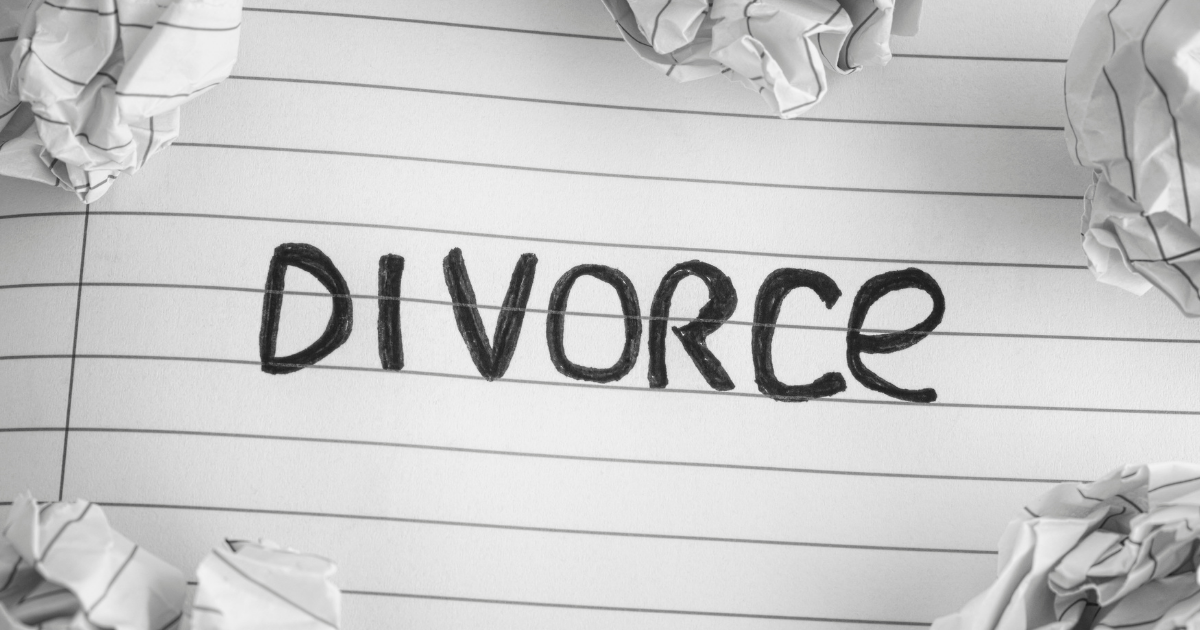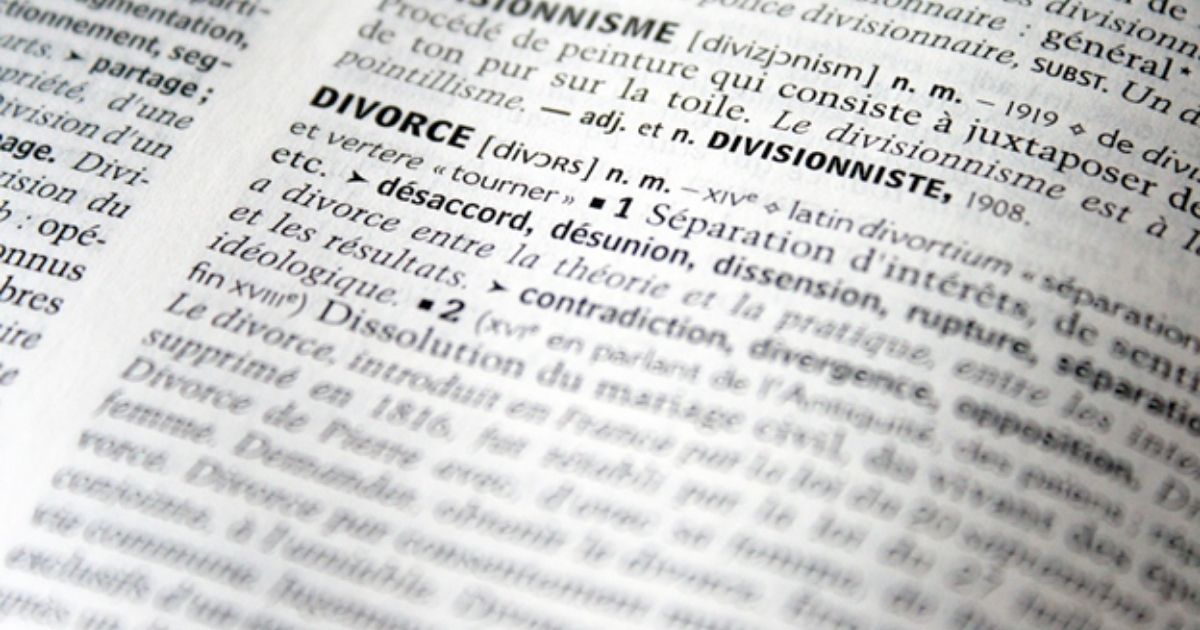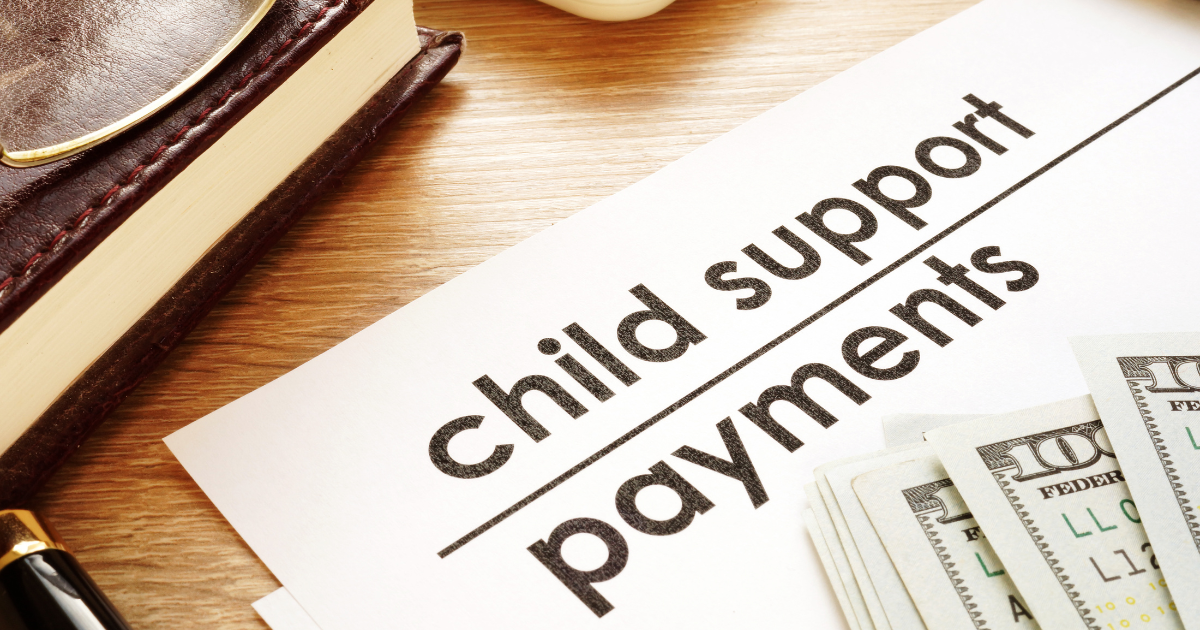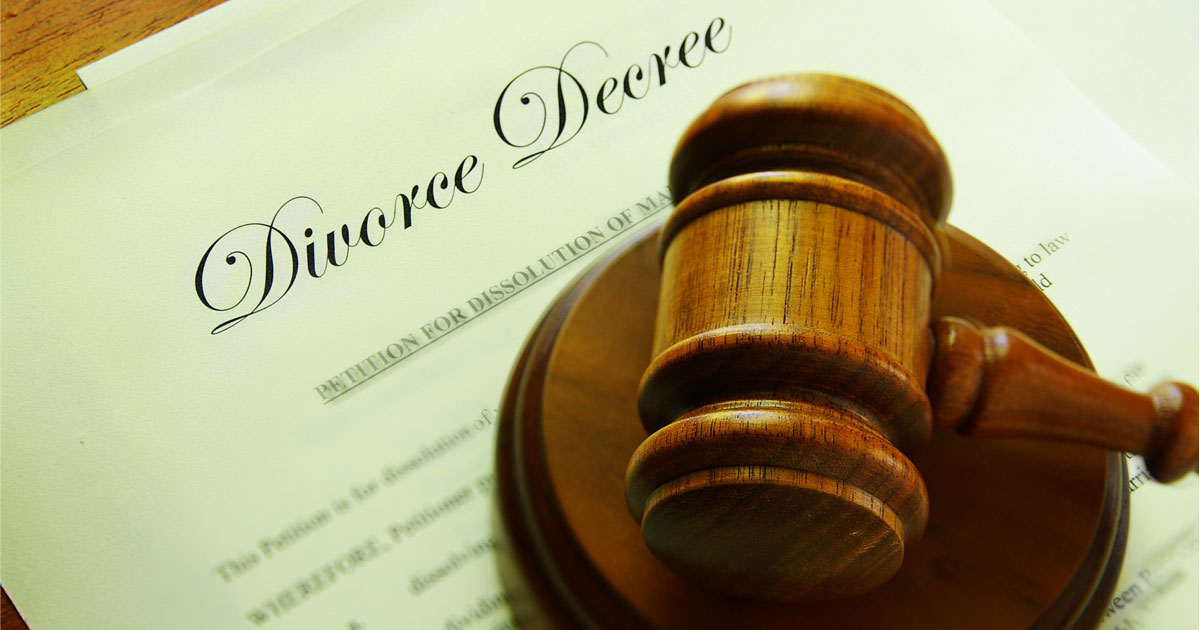What Is the Difference Between Alimony and Child Support?
When a couple makes the difficult and painful decision to get a divorce, there are a number of financial issues that must be resolved, from the division of marital assets …
What is a No-Fault Divorce?
If you ask someone going through a divorce what their partner did wrong, most will have a laundry list of misdoings they can mention. But under no-fault divorce law, it …
Annulment vs. Divorce: Which is Right for You?
When a long-term partnership ends, there are often legal ramifications. After the dissolution of a marriage, the parties involved seek a divorce, ending the legal marital contract. In some cases, …
Why the Date of Your Divorce Agreement Matters When It Comes to Alimony and Retirement
On September 10, 2014 then-New Jersey Governor Chris Christie signed into law the reformed New Jersey alimony statute. Among some of the most significant changes to the alimony statute was …
How Do I Manage My Life Insurance During Divorce?
When it comes to divorce, life insurance is one issue that tends to get overlooked. That is surprising because it is a vital source of financial support should a parent …
How Alimony Affects Child Support in NJ
Divorce proceedings can be complicated, particularly when there are children involved. Several factors determine child support in New Jersey, including income level and custody percentage. However, your alimony costs can …
Can I Modify My Alimony Payments due to Covid-19?
Written by Marissa A. Del Mauro We are living in unprecedented times as the global pandemic of Covid-19 continues to wreak havoc on our family, friends and neighbors. In New …
What is Uncontested Divorce?
Uncontested divorce is not necessarily amicable, but it can save you and your spouse time and aggravation if you can agree on most of the major issues in a divorce …
Can Limited Duration Alimony be Modified?
Written by: Marissa A. Del Mauro An award of limited duration alimony sets alimony for a finite period of time. Meaning, at a date agreed upon by both parties and …
Going Through a Divorce While Pregnant
The decision to get a divorce is often one of the most difficult decisions one can face. It can become even more difficult if this decision is reached during pregnancy, a period already associated with some of life’s most physically demanding and emotionally draining concerns. Some States do not allow divorce during pregnancy but NJ does.
The blogs published by Lyons & Associates are available for informational purposes only and are not considered legal advice on any subject matter. By viewing any of the blogs on this site, the reader understands there is no attorney-client relationship between the reader and the blog publisher. The blogs should not be used as a substitute for legal advice from a licensed professional attorney, and readers are urged to consult their own legal counsel on any specific legal questions concerning a specific situation.
Our Morristown Office Has Moved!
60 Columbia Road
Building B, Suite 150
Morristown, NJ 07960











